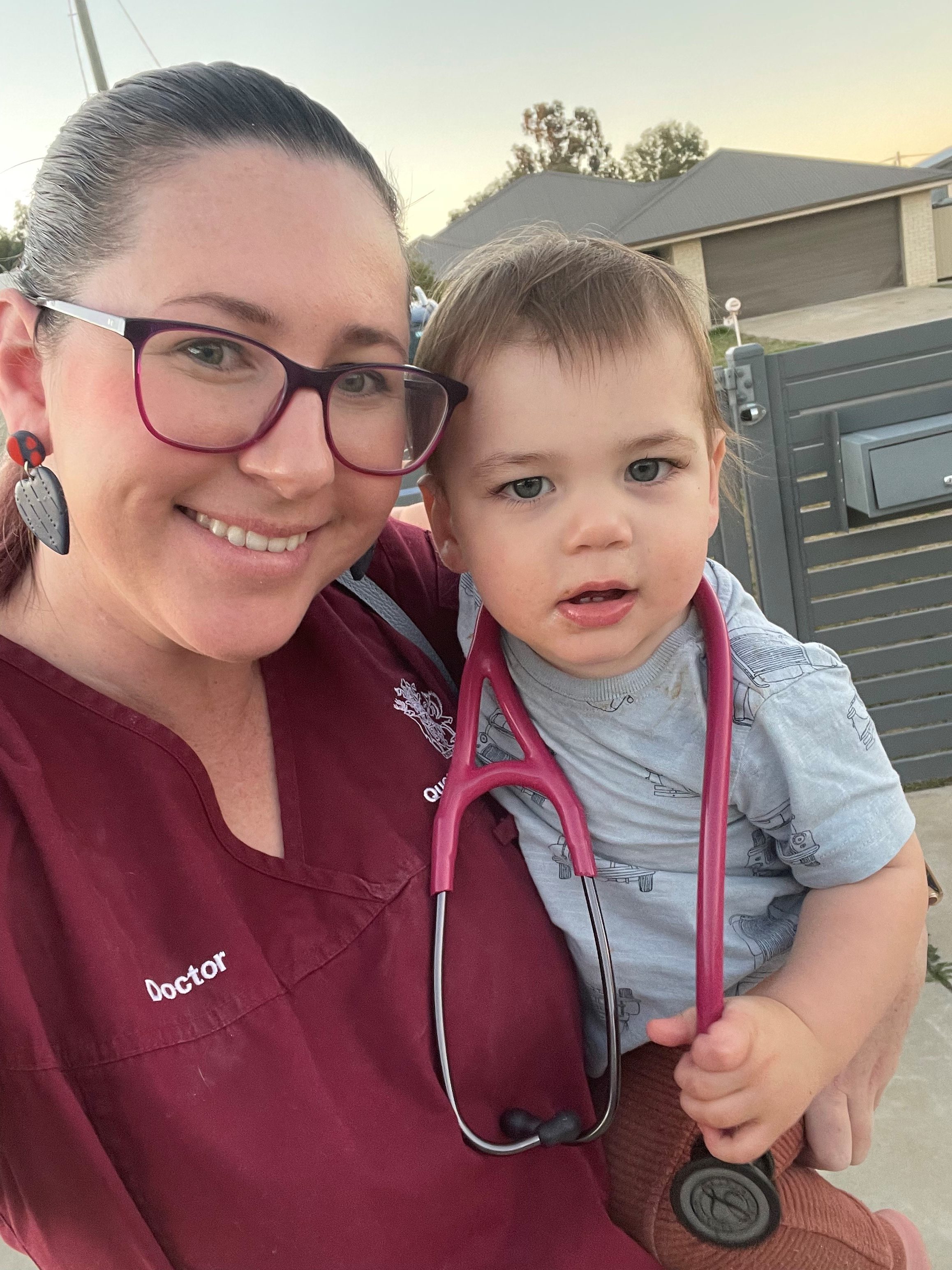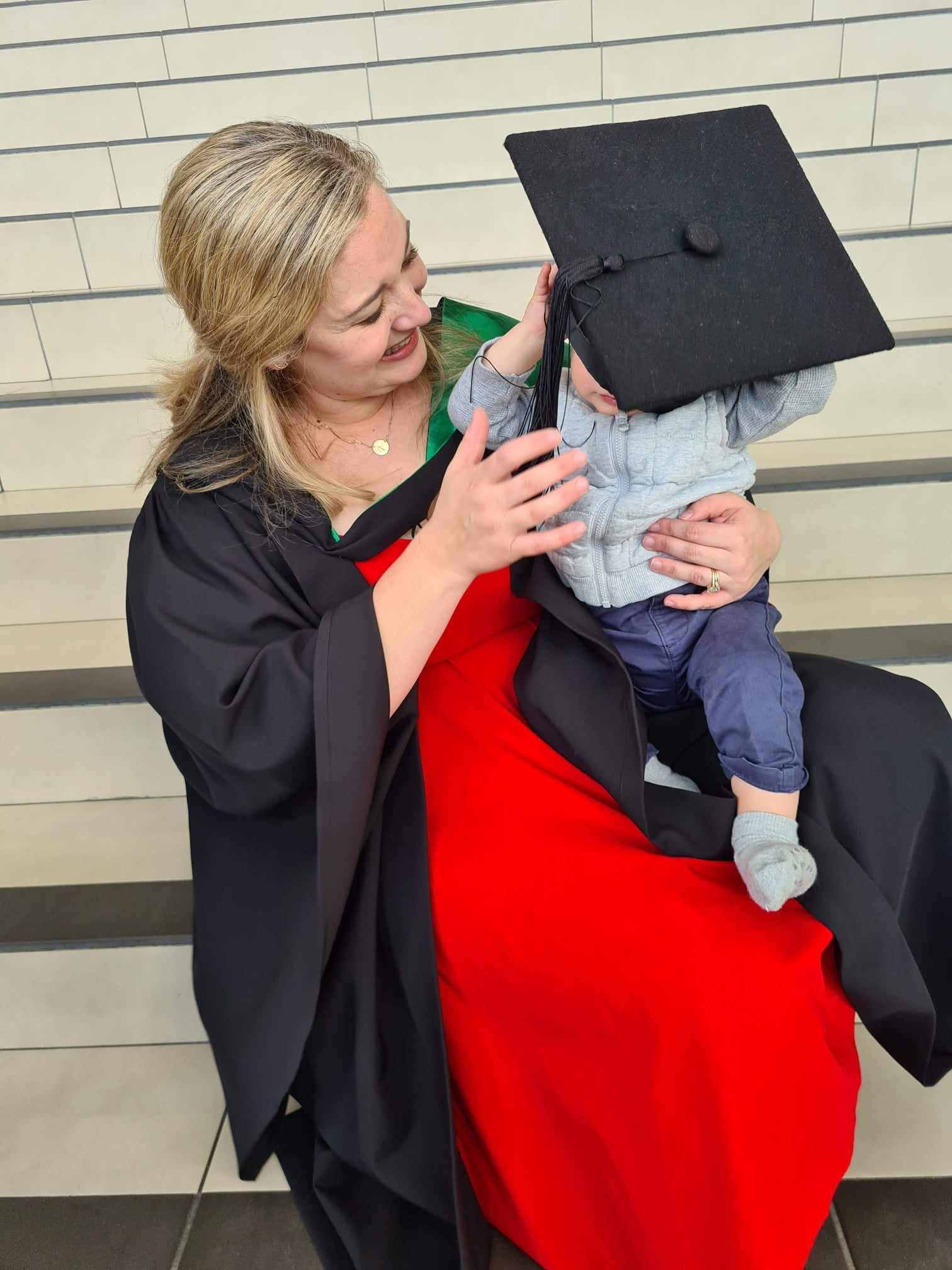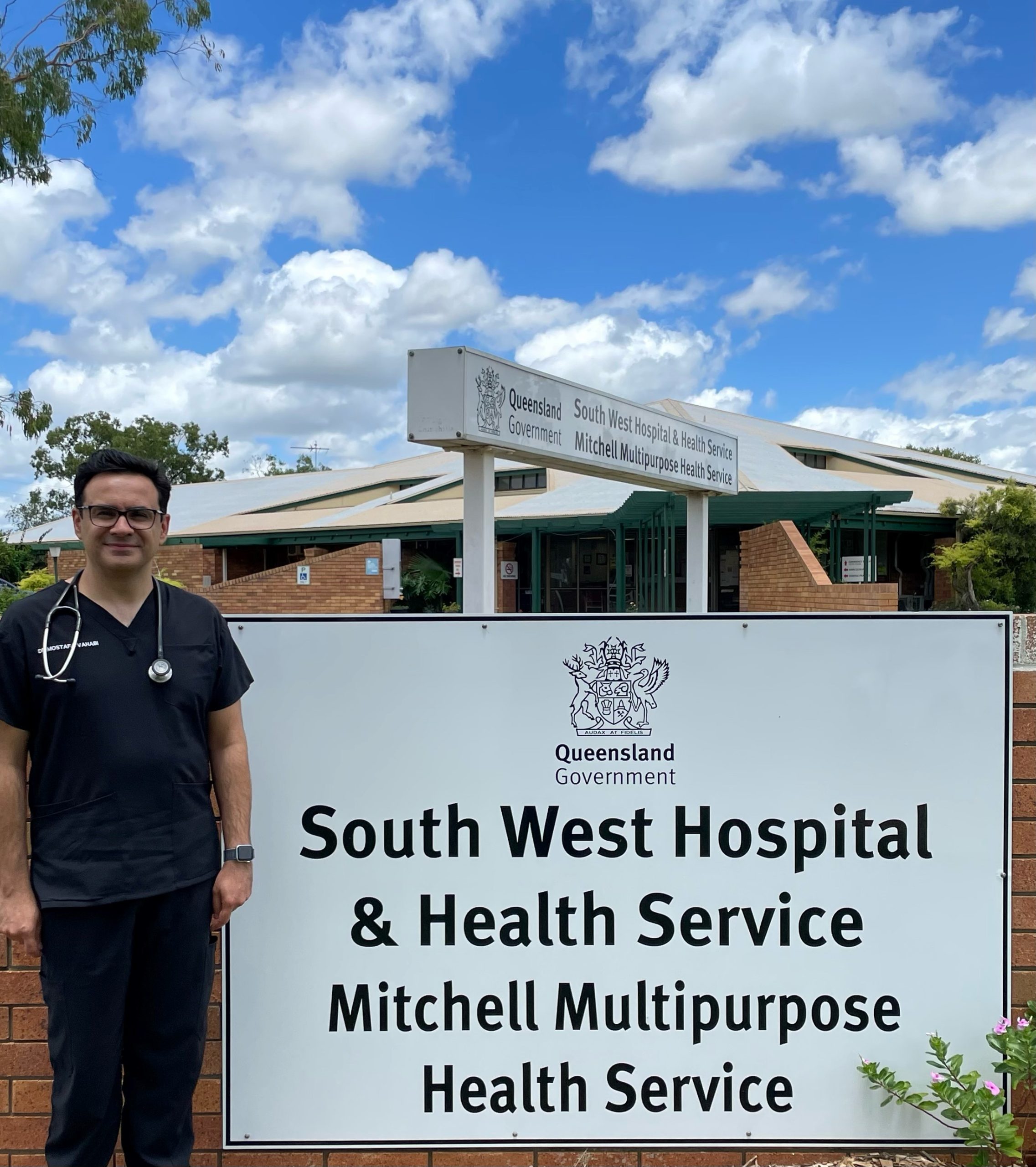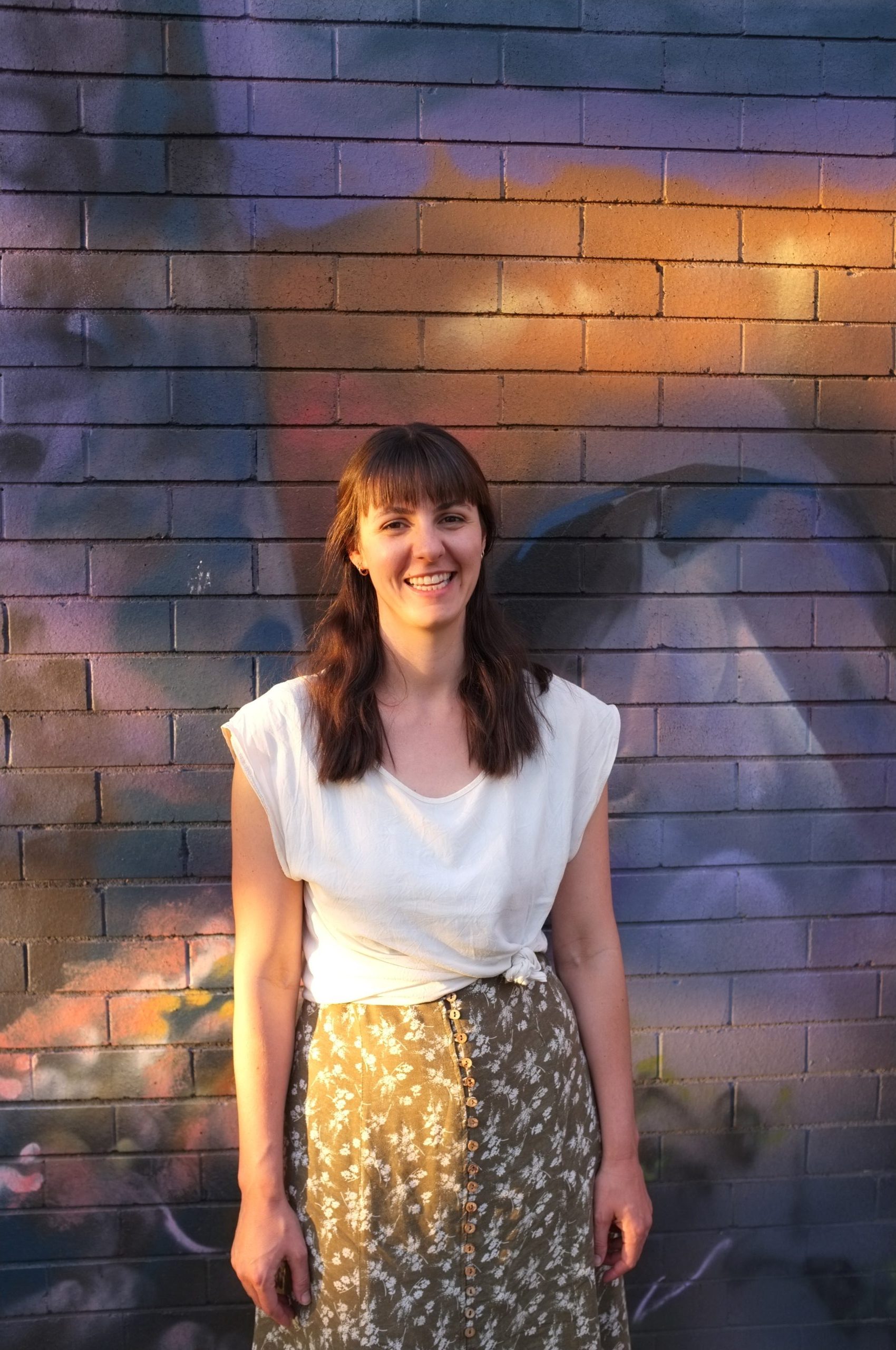Expanding your family while pursuing Rural Generalism comes with its fair share of challenges. One thing that all parents would agree on is things don’t always go to plan. Dr Marianne Seville shares her experience of planning a family and having babies in the bush as a Rural Generalist with obstetrics advanced skills.
The most common question I get asked by medical students and junior doctors contemplating their future careers in Rural Generalism is, “How do you manage raising a young family when away from your support networks?”
Here I hope to answer that question based on my personal experience of life as a Rural Generalist who returned to work full time after my second child.
The best laid plans
The first thing I want to address is that parenthood does not always go to plan. The most convenient time to have a child may not end up working out. My husband and I wanted to begin having kids whilst I was still in residency so that we could remain in Brisbane with the support of both our families. One miscarriage and one molar pregnancy later, we were living 1400km away from our parents when the third pregnancy ‘took’. By the time we had our first child it was three years later than planned.
Looking back, I am glad it happened this way. With my Advanced Skills Training (AST) in obstetrics, my struggles allowed me to understand the burden of miscarriage in so many of my patients. Having babies after residency allowed me to have a stronger foundation of medicine to rely upon on returning to work after maternity leave.
Friends become family
When you don’t have the immediate access of your family to help you in those first terrifying months of parenthood, opportunity arises to make some amazing forever friendships. This was my experience on maternity leave with my daughter in rural North Queensland. We lived in hospital accommodation where my infant daughter became accustomed to not only the usual noises of the cat meowing or the microwave dinging, but the regular occurrence of the chopper landing 50m away from our house to retrieve an unwell patient. The whole house shook in announcement of the chopper’s descent. If it was at a reasonable hour, we would all bundle outside and join our neighbours on the street to watch it land.
There were two other doctor families living in our little street: one with kids and one without. Little did we know when we first moved in that these new neighbours were to become our pillars of support and friends for life. A usual day for me on maternity leave ended in the neighbour’s yard where we would often feed and bath the kids together, have a glass of rosé or shiraz (depending on the climate) before heading inside our respective houses for the remainder of the night. Social events were often just an extension of our little street community, with more friends joining us in the biggest of our little commune’s backyard. The couple with children were invaluable to us in navigating the usual parenting dilemmas of sleep, feeding, parental guilt on returning to work, etc., and the couple without kids thought an evening of baby-sitting and Bluey episodes was a novelty.
Childcare germs are the worst
When I went back to work at five and a half months post-partum, we did not have grandparents to help us with childcare. Instead, my daughter went to daycare three days a week. As any parent will tell you, the amount of sick days you take in your child’s first six months of daycare is a shock to the system. I definitely was not prepared for this and felt guilty whether I was working (with a mildly sick child in daycare) or at home with my sick child and having to cancel patient appointments at work. I do think this is where being away from family is difficult, but with supportive supervisors and sharing the sick day load with my husband, things started to even out and become more manageable as time went on. Being in a small community meant that if push came to shove and I was needed at the hospital despite my unwell child, there was always a friend or colleague that would step up and babysit for a few hours while I did an emergency caesarean or whatever was urgently required.
Meeting other mums
When we moved to Southwest Queensland, I worried if I would ever get the same community feel as I had in the north. This became even more of a worry when awaiting the arrival of our second child. Thankfully, the rural spirit of community surprised me again. Whether it was the informal or formal playgroups, kindergym, coffees with workmates or playdates at friend’s houses, I often found there was not a day of the week that I had to spend at home by myself.
We were incredibly lucky again to make good friends with our neighbours across the road with similar aged children, which made weekend bonfire nights in winter and casual catch ups to tire out our toddlers super easy. Having an advanced skill in obstetrics, many of the women I have become friends with whilst on maternity leave have been my previous patients in some way, shape or form, but no one lets that be a barrier. In some instances, it has been an easy-in for me to get to know other mums, as they will often approach me to say hello after knowing me in a professional capacity.
Work-life harmony
After my first baby, I returned to work at 0.6FTE, however, I made the decision after my second to return to full time work seven and a half months post-partum due to our workforce needs. My boss was very supportive in ensuring I would not become overly fatigued with night wake ups from phone calls as well as a hungry baby and ensured I was adjusting well on my return to work by not doing too many on calls. With the way our roster schedules an hour lunch break each day, I was also able to continue my breastfeeding journey and return home to pump and eat lunch, which I think is pretty unique to working women choosing to continue to breastfeed. I’m sure pumping at work is achievable too, but I think the relaxed environment of home enabled me to continue my good supply until we weaned just under his first birthday, which was my goal.
My husband has an 8am to 5pm job and chose to drop to part time with my increased FTE. I am lucky that his job complements my work well, as there is always someone home outside of daycare hours for my on calls and recalls.
One of the things we love about raising a family rurally is the extra time we are given to be with our children. Our eldest who is three and a half often sleepily makes her way to our bed around 6.30am, where we have some family cuddles before embarking on breakfast and getting dressed for work and daycare. Even though we both start work at 8am, neither of us have to leave the house until about 7.40am, which includes picking up coffee on the way to work. When the day is done, a quick five minute drive to daycare and we are reunited again with enough time to have a stress free dinner and bath/book/bed routine for reasonable a bedtime. I honestly don’t know how the city goers manage.
Final thoughts
At the end of the day, everyone’s journey through work, fertility and child rearing is unique. I hope mine provides re-assurance to aspiring Rural Generalists that not only can you embark this journey away from the support of your loved ones if you need to, but sometimes there are unanticipated benefits. With an open mind and adventurous spirit, raising rural babies can be great.
Dr Marianne Seville | Rural Generalist, O&G AST







